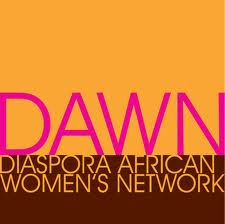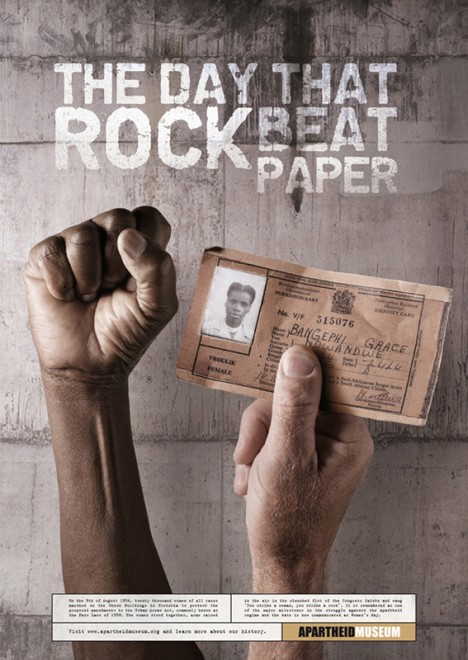I've compiled a list of responses from African women responding to Kony 2012, a controversial campaign launched recently by Invisible Children to raise awareness of child soldiers in Uganda. I'm amplifying their responses because almost overnight, the web became flooded with so much commentary from western media on the erasure…
Advocacy - African Feminism - Afrofeminism - Blog - International Development - New Media - Philanthropy - Thought Leadership

